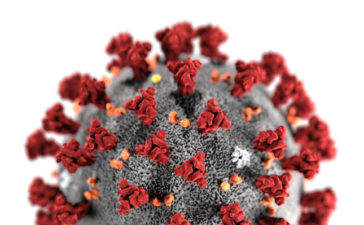Lucknow : Mental illnesses are health conditions involving changes in thinking, emotion or behavior (or a combination of these). Mental illnesses are associated with distress and/or problems functioning in social, work or family activities.
You don’t need fancy genome-sequencing or brain-imaging equipment to know that some of the people we know and love are just a little, well, out there.
We used to call these people “worriers”, “creative types”, “eccentrics” or “loners”.
Like the rest of us, they seem to have come into the world with some recognisably fixed personality settings – they’re friendly or moody or dreamy or disorganised. They’re just extremely more so.
Increasingly, we’ve come to acknowledge that some people who occupy the outer fringes of those character types have psychiatric disorders that stand in the way of their living the lives they want.
At some point, the pronounced traits they’ve had from the start got nudged over an invisible line by age, adversity or life’s escalating demands.
They have a mental illness: depression, attention deficit disorder, bipolar depression or schizophrenia.
Traits that you could be mentally ill :
Withdrawal : Recent social withdrawal and loss of interest in others
Drop in functioning : An unusual drop in functioning, at school, work or social activities, such as quitting sports, failing in school or difficulty performing familiar tasks
Problems thinking : Problems with concentration, memory or logical thought and speech that are hard to explain
Increased sensitivity : Heightened sensitivity to sights, sounds, smells or touch; avoidance of over-stimulating situations
Apathy : Loss of initiative or desire to participate in any activity
Feeling disconnected : A vague feeling of being disconnected from oneself or one’s surroundings; a sense of unreality
Illogical thinking : Unusual or exaggerated beliefs about personal powers to understand meanings or influence events; illogical or “magical” thinking typical of childhood in an adult
Nervousness : Fear or suspiciousness of others or a strong nervous feeling
Unusual behavior :Odd, uncharacteristic, peculiar behavior
Sleep or appetite changes : Dramatic sleep and appetite changes or decline in personal care
Mood changes : Rapid or dramatic shifts in feelings
Depression : covers a wide range of conditions, typically defined by a persistent bad mood and lack of interest in pursuing daily life, as well as bouts of lethargy and fatigue. Dysthymia is a milder but longer-lasting form of depression.





